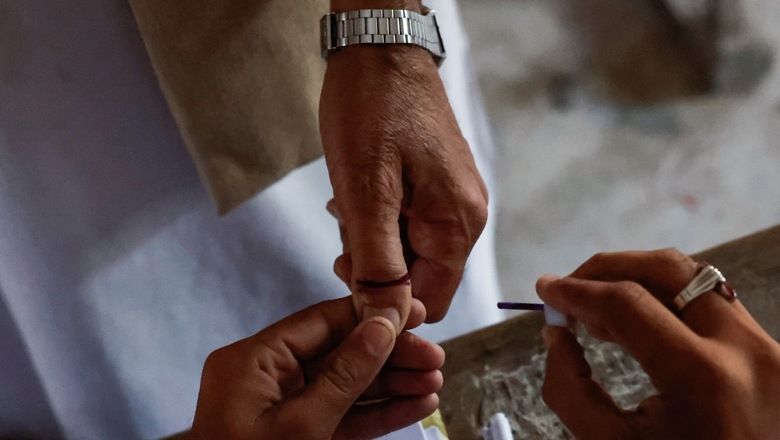
views
Democratic standards worldwide faced a decline in 2023 due to escalating conflicts, authoritarian crackdowns, and a lack of trust in mainstream political parties, according to the ranking released by The Economist.
In the report titled “Age of Conflict”, the London-based outlet’s Economist Intelligence Unit (EIU) categorised 165 independent states and two territories as full democracies, flawed democracies, hybrid regimes, or authoritarian regimes. Norway, New Zealand, and Iceland secured the top positions in the index, while North Korea, Myanmar, and Afghanistan occupied the bottom three spots.
Despite an increase in the number of democracies, the global average index score dropped to 5.23 in 2023 from 5.29 the previous year, reaching its lowest level since 2006. “The decline in the overall index score was driven by reversals in every region of the world with the exception of western Europe, whose average index score improved by the smallest margin possible (0.01 points). Every other region registered a decline in its average score, with the biggest regressions occurring in Latin America and the Caribbean, and the Middle East and North Africa,” according to EIU.
Crisis-marred Pakistan saw a significant decline in the Asian region, with its score plummeting to 3.25, resulting in a downgrade from a hybrid regime to an authoritarian regime. Notably, more than half of the 28 countries in the region witnessed score declines, while only eight saw improvements. Pakistan was among six countries globally to have its classification altered. Greece ascended to a full democracy, Papua New Guinea and Paraguay improved from hybrid regimes to flawed democracies, and Angola was upgraded from an authoritarian regime to a hybrid regime.
Pakistan was the sole Asian nation to undergo such a significant downgrade. Despite conducting elections, countries like Bangladesh, and Russia, where opposition forces face state repression, are unlikely to witness regime change or enhanced democracy, according to the EIU. The decline in democratic standards can be attributed to factors such as electoral processes, pluralism, and government functionality. The EIU highlights the outsized political influence of the military in certain regions, which it says compromises the fairness and competitiveness of elections.
China, classified as an authoritarian regime, demonstrated formal rather than substantive improvements in governance indicators, according to EIU. India classified as a flawed democracy, showed promising economic growth, reflecting a shift in global economic power. “China and India, the world’s most populous countries, recorded the biggest score improvements in the region in 2023. China is an ‘authoritarian regime’ with a very low score (2.12) and rank (148th) in the Democracy Index, while India is classified as a ‘flawed democracy’ with a fairly high score (7.18) and ranking (41th),” the report said.
Developed Western economies are now outnumbered by emerging Asian economies like India, Indonesia, Japan, Singapore, South Korea, and Thailand. Western Europe surpassed North America in the index, signaling a shift in global democratic trends. The United States, once considered a democratic beacon, faces internal divisions and disillusionment. The upcoming election between Joe Biden and Donald Trump could further deepen these challenges, signaling a potential decline in American democracy.
“North America, comprising the US and Canada, remains a top performer in the Democracy Index. However, the region’s overall score fell from 8.37 in 2022 to 8.27 in 2023, leading it to fall behind western Europe. This marks the first time that North America has not placed as the world’s highest scoring region since the Democracy Index launched in 2006,” according to the report.




















Comments
0 comment